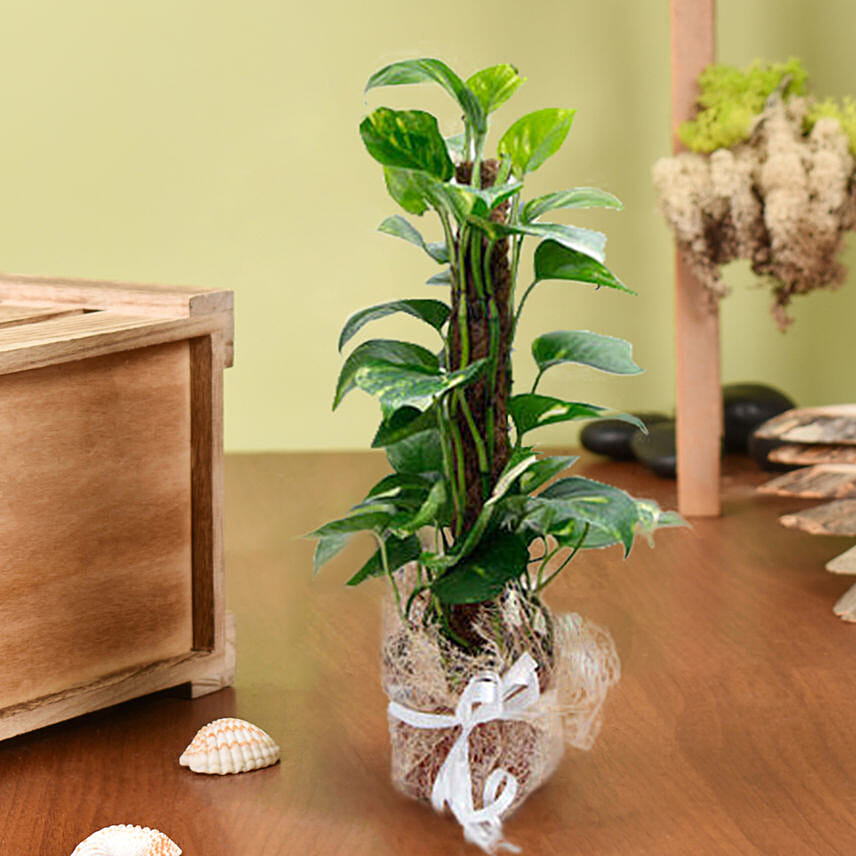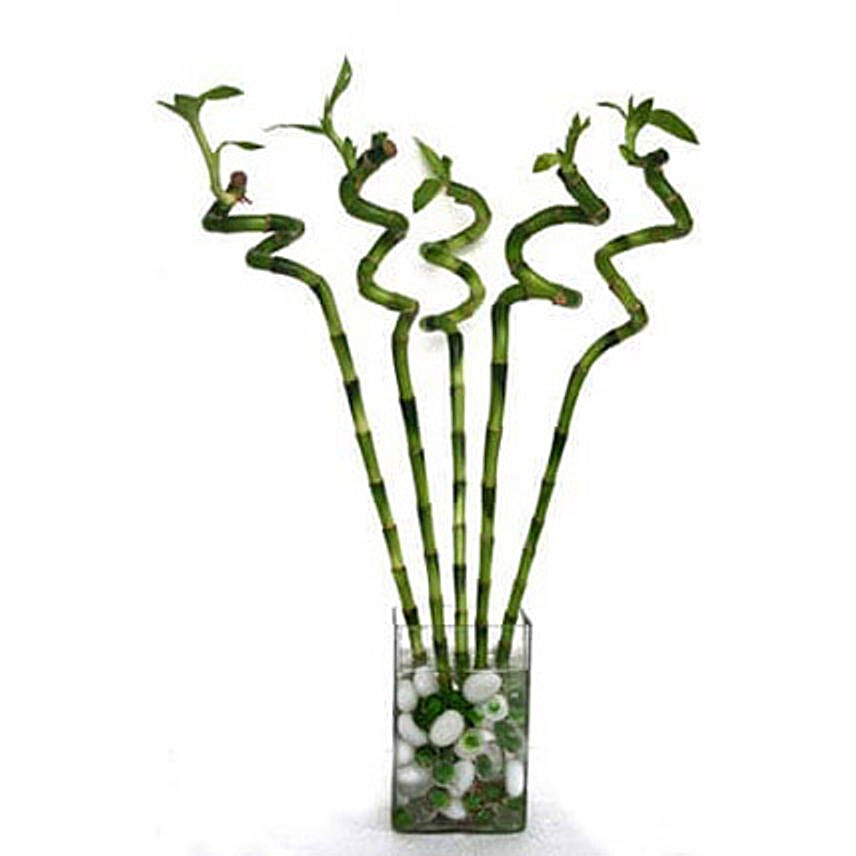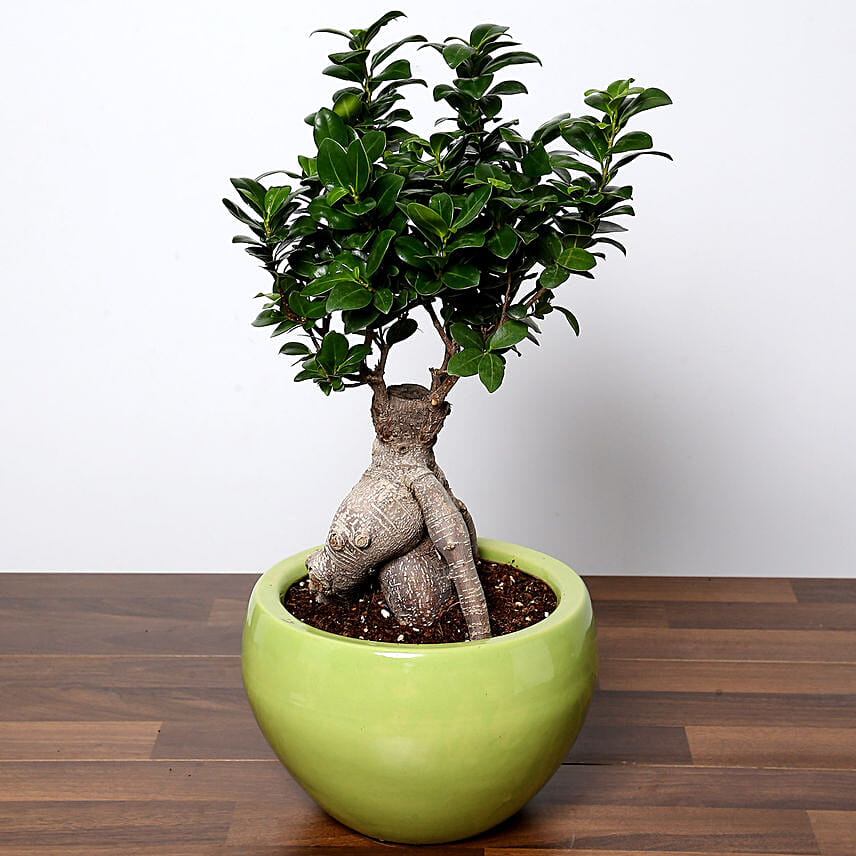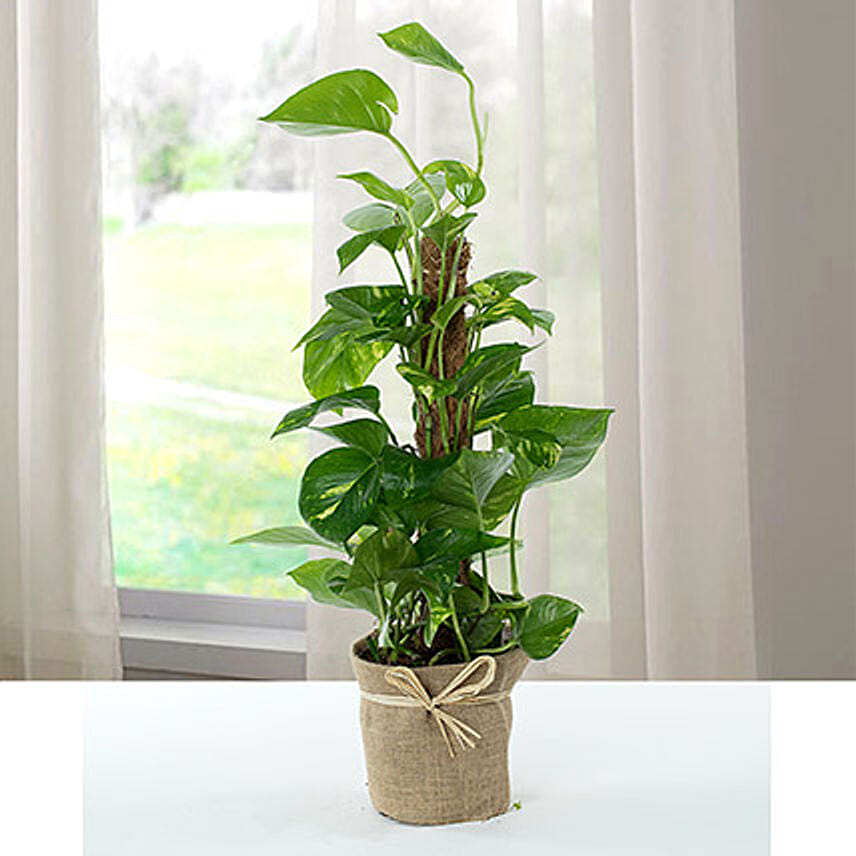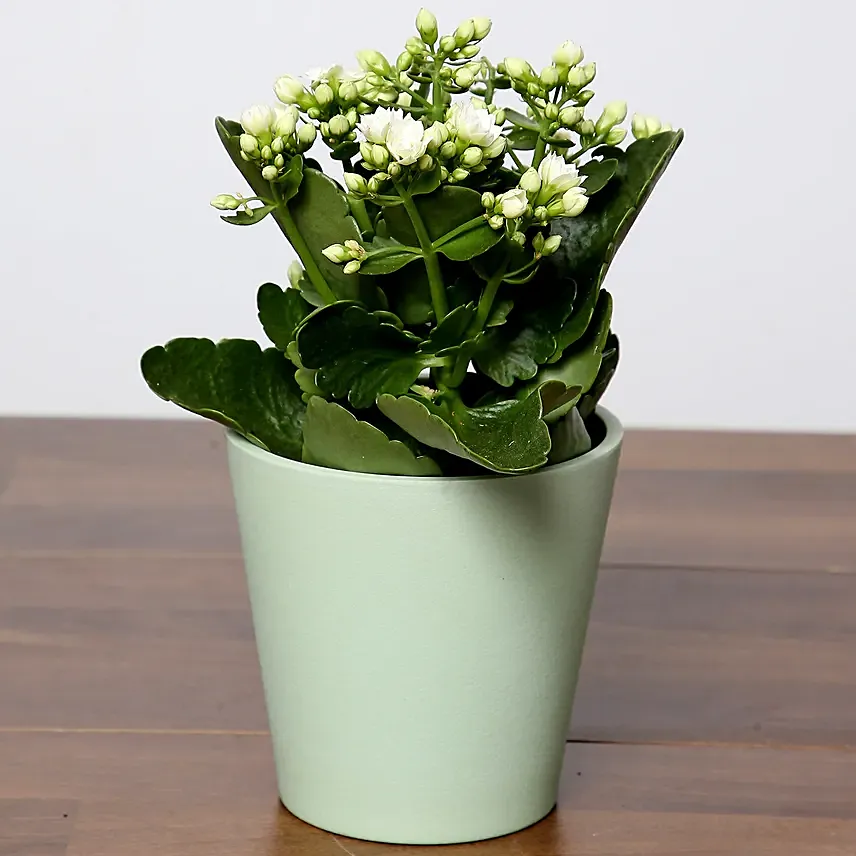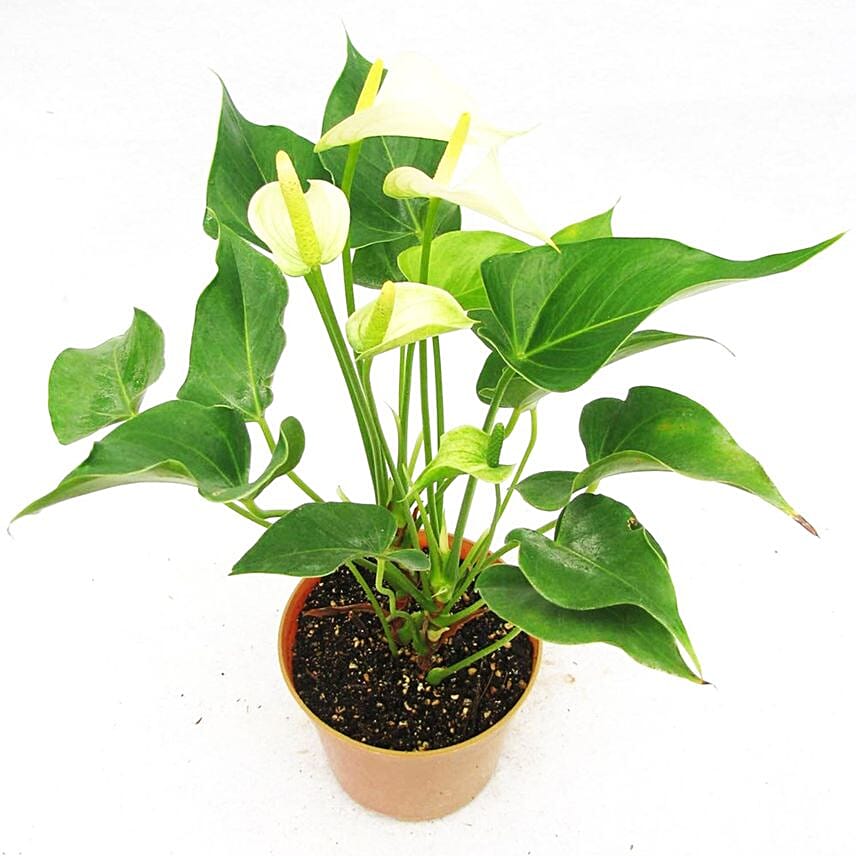A Beginner's Guide to Growing Pitcher Plants
- Author: Anushka Published: 07th March, 2022
Staying true to their name, Pitcher plants are pitcher-shaped, carnivorous, bizarre yet beautiful plants to grow. Yes! Though they look like an exotic and rare species, growing pitcher plants is a child’s play. Why grow Pitcher plants you may ask? Other than being efficient flycatchers, their leaves and roots are highly utilised as a medicine to cure illnesses like constipation, digestive disorders, smallpox, back pain, fluid retention and others. If you want to be surrounded by this offbeat plant, this article will get you acquainted with hows of growing and growing tips for pitcher plants.
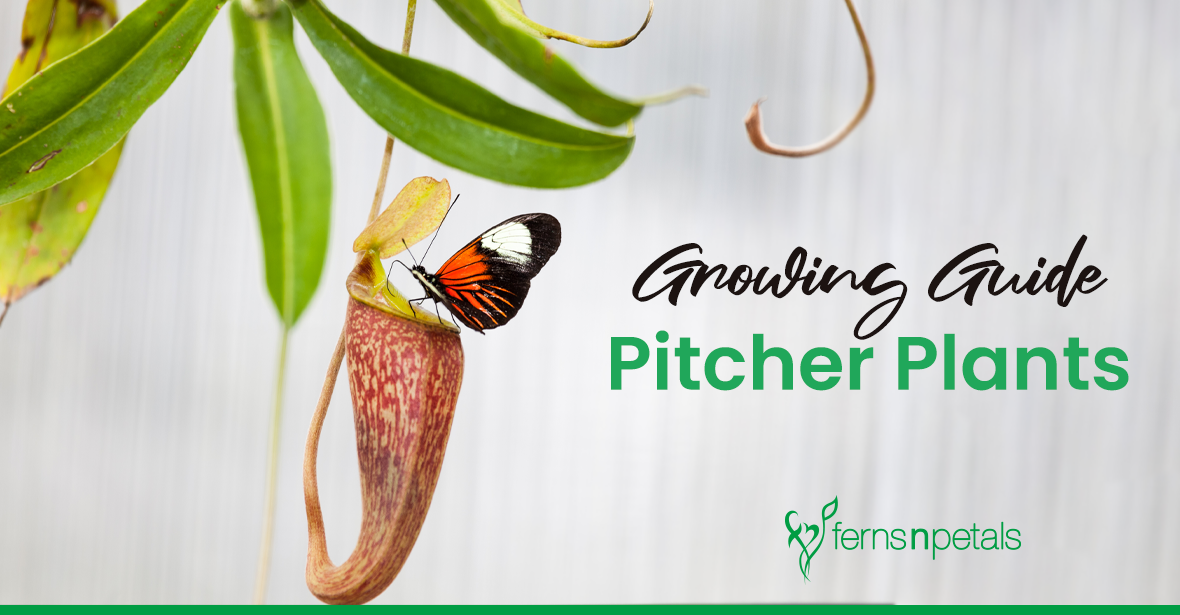
How to Grow a Pitcher Plant?
As mentioned, growing pitcher plants is pretty simple as long as you take care of some key pointers. It’s all about setting up the right spot and providing healthy soil. Here’re their light, soil and water needs.
Planting: If you’re growing your Pitcher plants outdoors, soften the ground thoroughly before planting. They do not need rich, organic soil. Rather, it is best to provide them with a little acidic nitrogen-deprived medium with excellent drainage.
If you’re growing them indoors, you may pick any container and feed a well-draining and low-fertility mixture. The container’s size doesn’t matter since they perform well in small as well as large spaces.
Soil: Go for nutritious soil, i.e. a mix of organic material, peat moss and sand. For indoor potted pitcher plants, fill a low-nutrient mixture of peat moss and lime-free horticultural sand or perlite in the container in a 2:1 ratio. You may also go for an existing carnivorous plant potting soil.
Sunlight: Pitcher plants need full sun, direct sunlight. Without it, they will wither and die. Place them in a sunny spot or area that receives full sunlight.
Growing Tips for Pitcher Plants
- These plants commonly grow in pots filled with the low-nutrient mixture, while sitting in a deep saucer of water.
- Make use of only rainwater or distilled water.
- Never allow its soil to dry out.
- Do not wet the exterior of your pitcher plant.




